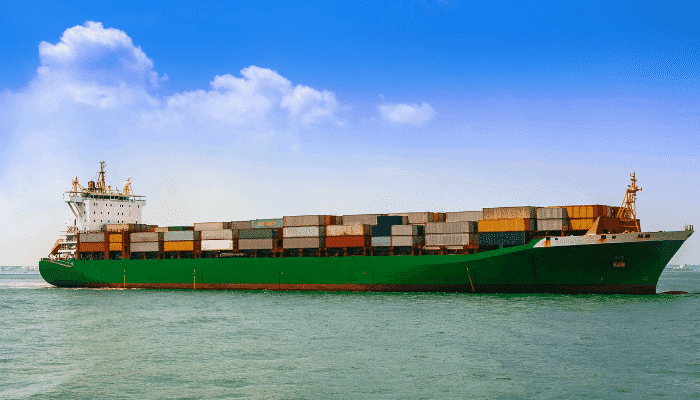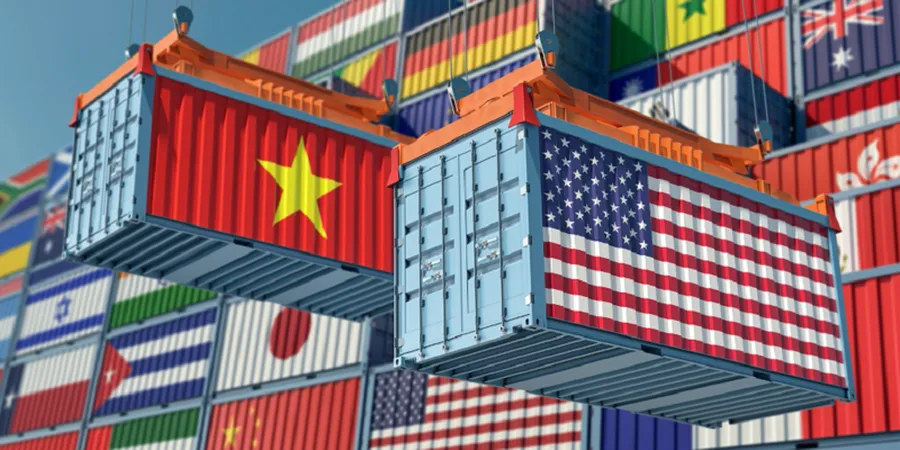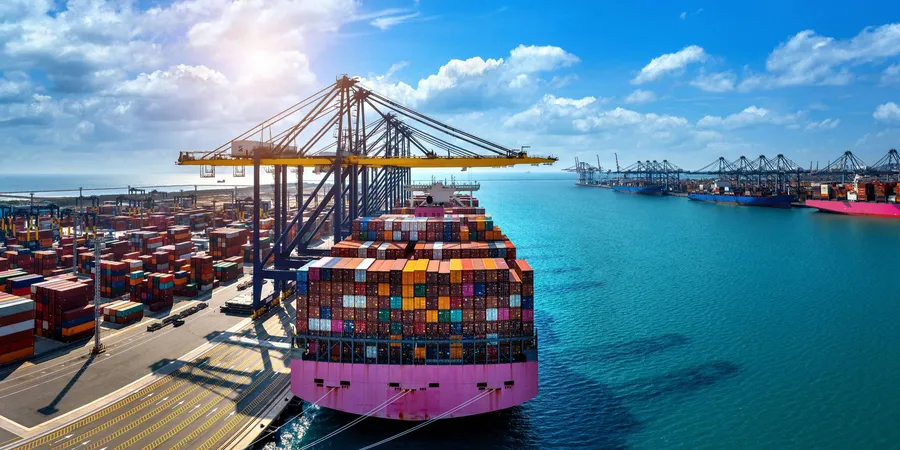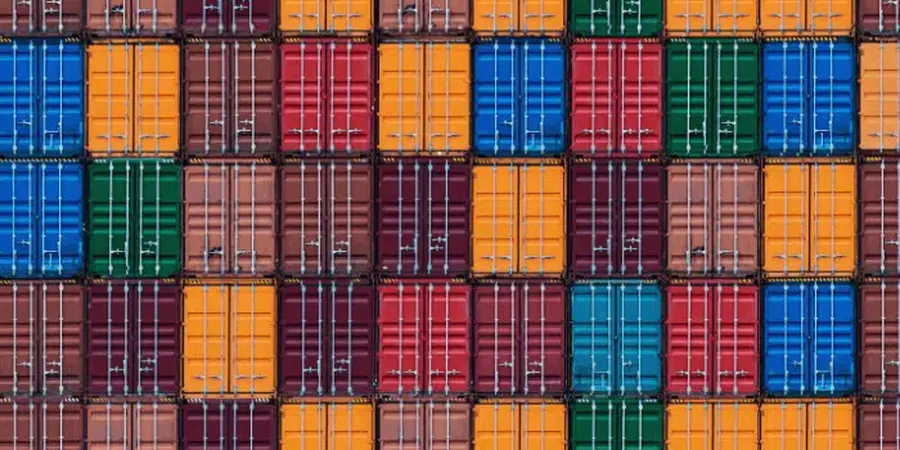What Does Freight All Kinds (FAK) in Shipping Means?
Freight All Kind (FAK) is a classification used by consolidators, freight forwarders, logistics service providers, etc. to quote rates to their customers for Less-than Truck Load (LTL) shipments.
It relates mainly to customers who ship different types of cargo in small quantities, in one lot, that may not necessarily be a Full Truck Load (FTL).
To understand the FAK better, let us first see what the HS is all about. While exporting or importing goods, they are classified according to the Harmonized Commodity and Coding System simply known as the Harmonized System or HS. The HS code helps to determine the correct duties and taxes to be paid to the government by the exporter or importer.
Harmonized codes help analyze and monitor the various trade policies of the government, keep track of its trade quotas, and the movement of controlled goods. It is also used in charging freight rates.
The list of harmonized codes is published by the World Customs Organization (WCO) every 5 years. About 98-99% of merchandise that is traded in the world is covered under the HS.
If we take an example where 3 pallet loads of about 100 different items are to be transported, their classification according to HS codes will be a time-consuming and cumbersome process. It can also lead to invoicing and documentation errors. This is where FAK classification help to simplify the process.
An FAK term negotiated between the customer and the consolidator helps to simplify the freight rate calculation and invoicing process when there are several different types of items. The main carrier may, however, charge its customer based on specific commodities or HS codes.
It may be economical for such customers to transport under the FAK rates even though a minimum charge is fixed by the consolidator.
However, for the different types of goods to qualify under the FAK classification, they have to meet certain criteria. This includes, but is not limited to the following:
The weight and density of the different goods should not vary too much between them.
The products should be more or less of similar dimensions so that they may be stowed properly for shipment.
Source: Marine Insight





